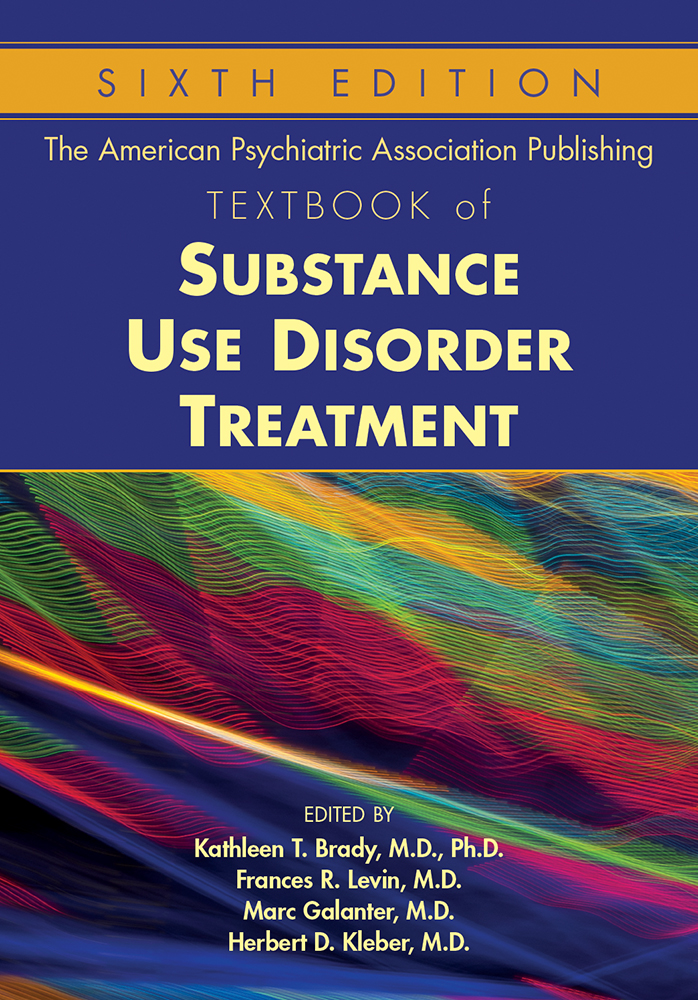Chapter 45.Anxiety Disorders
Sections
Excerpt
The relationship between substance use and anxiety disorders is complex, bidirectional, and multifaceted. As described in this chapter, epidemiological surveys as well as studies of treatment-seeking individuals indicate that anxiety disorders, symptoms of anxiety, and substance use disorders (SUDs) commonly co-occur. Anxiety disorders may be a risk factor for the development of an SUD. In many cases, anxiety symptoms emerge during the course of chronic intoxication and withdrawal from alcohol or drugs. Furthermore, substance use and SUDs modify the presentation and outcome of anxiety disorders, just as anxiety disorders modify the presentation and outcome of SUDs. The interplay of these variables is likely to differ among individual cases and between different anxiety disorders. In this chapter, the prevalence, etiological relationships, diagnostic considerations, and treatment options of co-occurring anxiety disorders and SUDs will be reviewed.
Access content
To read the fulltext, please use one of the options below to sign in or purchase access.- Personal login
- Institutional Login
- Sign in via OpenAthens
- Register for access
-
Please login/register if you wish to pair your device and check access availability.
Not a subscriber?
PsychiatryOnline subscription options offer access to the DSM-5 library, books, journals, CME, and patient resources. This all-in-one virtual library provides psychiatrists and mental health professionals with key resources for diagnosis, treatment, research, and professional development.
Need more help? PsychiatryOnline Customer Service may be reached by emailing [email protected] or by calling 800-368-5777 (in the U.S.) or 703-907-7322 (outside the U.S.).



